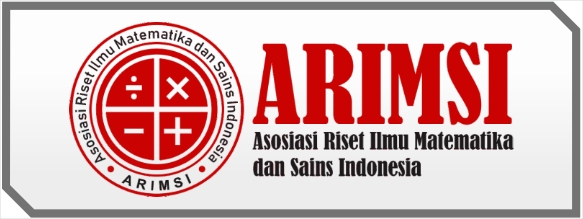Pola Asuh Otoritatif dalam Meningkatkan Self Efficacy dan Kreativitas Siswa pada Mata Pelajaran IPA di SDI Harekakae
DOI:
https://doi.org/10.59581/konstanta.v1i3.1119Keywords:
Authoritative Parenting, Self Efficacy and Student CreativityAbstract
Education is expected to produce quality, moral and responsible human beings and be able to welcome progress in the future. The quality of education at every level and one educational unit can be seen through the learning outcomes obtained by students because these learning outcomes can indicate the extent to which students have mastered the subjects they are studying. One of the successes in forming self-efficacy and children's creativity is influenced by the parenting model. Parenting parents are divided into three types, namely authoritarian, permissive, and authoritative. Each of these parenting styles has an impact on child development. Authoritative parenting is the best way to develop children's self-efficacy and creativity. Because this authoritative parenting style is characterized by parents who are democratic, respect and understand the child's situation with its strengths and weaknesses so that the child can become a mature, sociable person, and can adapt well to the surrounding environment. The research method used is classroom action research by collecting through observation and questionnaires as well as analysis techniques using qualitative descriptive analysis. Based on the results of observations and student questionnaires, it showed that there was a significant increase in the results of authoritative parenting to increase student self-efficacy and creativity in Cycle I, where the results of student observations and questionnaires about self-efficacy and student creativity were good, namely 10 students with a percentage (83.33%) of 12 students. It can be concluded that there is an increase in self-efficacy and student creativity through authoritative parenting.
References
Amabile, T. M. Creativity in context: Update to “The Social Psychology of Creativity”. Boulder, CO: Westview Press. 1996.
Batista, L. C., Shuck, M. B., Gutierrez, C. C., & Baralt, S. The role of leadership style in employee engagement. Proceedings of the eight annual college of education & GSN research. Retrieved August 5, 2015 from http:/www.coeweb.fiu.edu. 2009.
Elliot, S.N, et al. Educational Psychology: Effective Teaching, Effective Learning. Singapore: Mc Graw-Hill Book. 2000.
Kemmis, S., McTaggart, R., & Nixon, R. The Action research Planner (doing Critical Participatory Action research). Singapura: Springer. 2014.
Mulyasa. 2003. Kurikulum Berbasis Kompetensi. Bandung: Remaja Rosda Karya.
Pembukaan Alinea Keempat Undang-Undang Dasar Negara Republik Indonesia. Tahun 1945
Prasetyawati, Wuri (Penyunting Karlinawati & Eko), Keluarga Indonesia Aspek dan Dinamika Zaman, Raja Grafindo PersadaJakarta, 2010.
Sudjana, Nana. 2009. Dasar- Dasar Proses Belajar Mengajar. Bandung: Sinar Baru Algensido.













